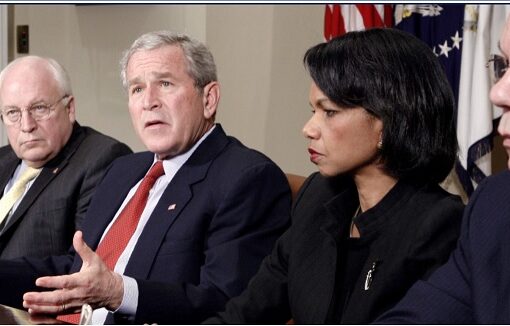EXECUTIVE SUMMARY
The COVID-19 pandemic continues across the world, and in Iraq the number of cases is rising. As of 30 June 2020, the World Health Organization reported 49,109 cases in Iraq, with 1,943 fatalities. Since March, the government has been enforcing movement restrictions and curfews to help slow transmission of the virus. As the livelihoods of many people have been affected as they are unable to work, humanitarian, social protection and development responses have also stepped up, both from the government and supporting partners.
Since April, the Food and Agriculture Organization (FAO), World Food Programme (WFP) and World Bank have published new weekly reports on the impact of COVID-19 on food security in Iraq. Together with the International Fund for Agricultural Development (IFAD), and with further assistance from Food Security Cluster partners such as the Cash Consortium of Iraq (CCI), the organizations are collaborating to build on the work so far with new research and analysis, in this new monthly assessment.
The global economic slowdown and reduced demand have led to a sharp decline in commodity prices, particularly oil. In Iraq’s oil-based economy, the decline in global oil prices has put pressure on national finances. This drop, plus the government stimulus package introduced in October 2019 are expected to increase the need for deficit financing.
Global food markets remain well supplied and international prices relatively stable. Some health checks and quarantines have resulted in delays on the borders, increased transit times and transportation costs. On the other hand, in the current agricultural year, conditions for crop development in Iraq have been generally favorable with timely and well distributed rains. With above average domestic production, depending on the quality of the wheat purchased, it is estimated that Iraq has sufficient wheat stocks to cover its food needs until at least autumn 2020. The third Public Distribution System (PDS) cycle for wheat flour, although delayed, was completed in May. Distributions of the remaining sugar and oil stocks will continue, to families registered as vulnerable under the Ministry of Labor and Social Affairs (MoLSA) programme for social protection.
In response to the increased needs of many households without income during the lockdown, the government established a new cash disbursement program, “Minha” (“Grant”). The Central Bank of Iraq (CBI) has also introduced measures to mitigate the impact of the crisis on households and businesses, but a larger stimulus package is still needed to re-start the economy.
With strict price control measures in place after initial spikes, food prices generally started stabilizing from April. The latest mobile Vulnerability Analysis and Mapping (mVAM) data indicates that price stability is still a challenge where most retailers remain uncertain of future prices. However, the overall functionality of markets is improving. The Market Functionality Index score rose from 6.5 to 7.2 by the third round of data collection. Meanwhile, mVAM household data revealed that people’s food consumption patterns improved during the month of Ramadan – largely because of religious charities (known as zakat). Around 4.8 million people (12% of the total population) are using negative coping strategies to meet their food needs.
Download full report
Food Security in Iraq – Impact of Covid-19 – April-June 2020








Comment here